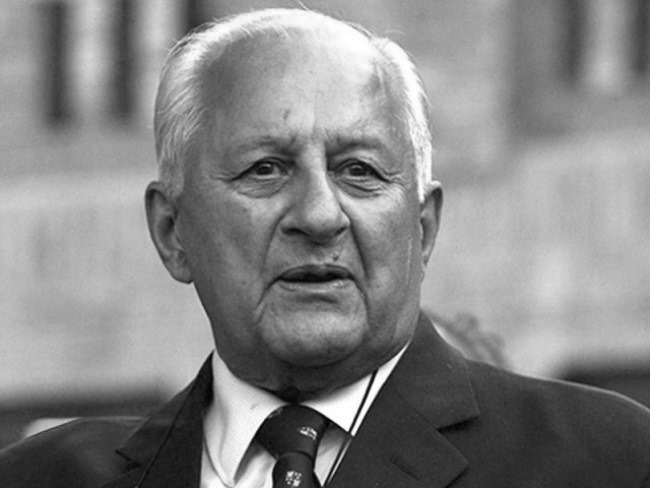- Joined
- Aug 29, 2023
- Runs
- 10,880
PCB saddened over the demise of former Chairman Shaharyar Khan
Lahore, 23 March 2024:
The Pakistan Cricket Board, through its Chairman, the Board of Governors and employees, expresses deep sadness and sorrow over the passing away of former Chairman PCB Shaharyar Khan earlier this morning, in Lahore. He was 89.
He served as the Chairman of PCB for two different terms, from December 2003 to October 2006 and from August 2014 to August 2017.
Shaharyar Khan also worked as team manager of the Pakistan National Men’s team during the 1999 tour of India and the ICC Cricket World Cup 2003.
The PCB pays heartfelt condolences to Shaharyar Khan's family on his sad demise and wishes to always remember him as one of the vital characters in bringing cricket back to Pakistan during the last decade.
Chairman PCB Mohsin Naqvi: “On behalf of the PCB, I express my deep condolences and grief over the passing of former Chairman Shaharyar Khan. He was a fine administrator and served Pakistan Cricket with utmost dedication.
“Pakistan Cricket will stay indebted to the late Shaharyar Khan for his commendable role as head of the board and for his services in the growth and development of the game in the country.”
PCB
Lahore, 23 March 2024:
The Pakistan Cricket Board, through its Chairman, the Board of Governors and employees, expresses deep sadness and sorrow over the passing away of former Chairman PCB Shaharyar Khan earlier this morning, in Lahore. He was 89.
He served as the Chairman of PCB for two different terms, from December 2003 to October 2006 and from August 2014 to August 2017.
Shaharyar Khan also worked as team manager of the Pakistan National Men’s team during the 1999 tour of India and the ICC Cricket World Cup 2003.
The PCB pays heartfelt condolences to Shaharyar Khan's family on his sad demise and wishes to always remember him as one of the vital characters in bringing cricket back to Pakistan during the last decade.
Chairman PCB Mohsin Naqvi: “On behalf of the PCB, I express my deep condolences and grief over the passing of former Chairman Shaharyar Khan. He was a fine administrator and served Pakistan Cricket with utmost dedication.
“Pakistan Cricket will stay indebted to the late Shaharyar Khan for his commendable role as head of the board and for his services in the growth and development of the game in the country.”
PCB
Last edited:







